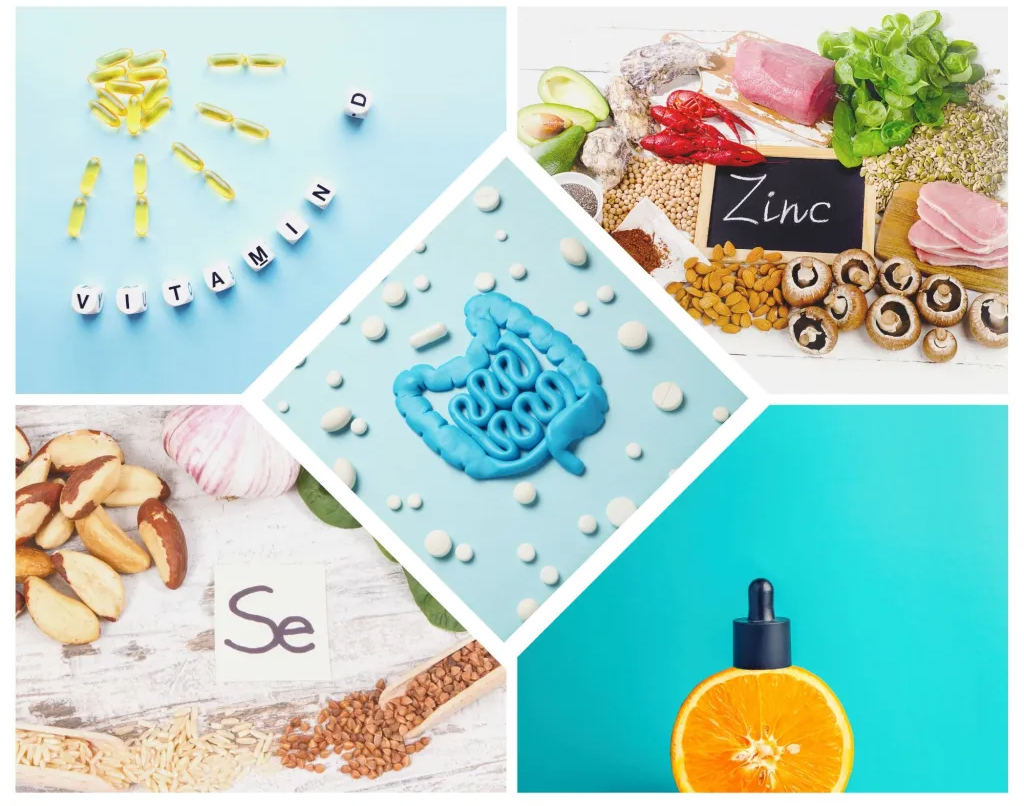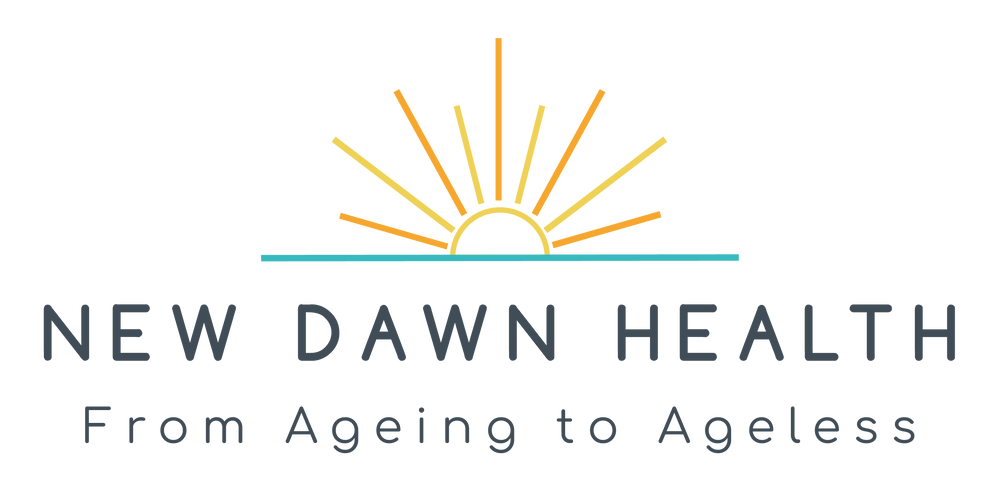
There are four areas of our lives that are fundamental to overall good health…
- Diet
- Exercise
- Sleep
- Handling stress
So, I’m sure it’s not a surprise to you that the food you eat every day, the exercise you take, the quality of your sleep and how well you handle your stress are the best ways to support a robust immune response.
In this short blog, I’ll start the ball rolling to help you. Here are four key nutrients you must get sufficient quantities of, if you want to support a healthy immune response.
Vitamin C
There isn’t a cold remedy on the supermarket shelves that doesn’t have vitamin C in it – we all know it’s important for immune health. And when we are ill, our bodies need considerably more. Studies have shown that people taking 2g (2,000mg) of vitamin C during a cold, shortened the duration of the cold by 21%. Vitamin C also supports better anti-viral responses and helps if you have allergies and asthma. I take 1,000mg each day and increase it if I feel like I’m coming down with something.
Vitamin D
Vitamin D deficiency is widespread in the UK. The lower your level the greater your risk of catching all types of infections. Vitamin D supplementation is safe and protects against upper respiratory tract infections. Vitamin D also helps with allergies and asthma too. Taking 1,000-2,000 IU per day will help you achieve a goal of 70nmol/l. Under the tongue drops are well absorbed. (You’ll need to do an at-home, finger-prick blood test to know your levels).
Zinc
Zinc is a crucial trace mineral for immune health. Just small deficiencies can increase the risk of infections and pneumonia. Zinc is both anti-viral and anti-bacterial. A meta-analysis (the best type of study there is) showed that sucking zinc lozenges helped people with the common cold recover 3 times faster than those with none. 10-25mg is a suggested daily dose if you are low.
Selenium
Selenium is one of our master antioxidants. Low selenium has been shown to increase susceptibility to viral infections. Supplements of 100-200mcg per day are safe and inexpensive.
Probiotics
Our gut microbiome plays a critical role in regulating our immune system. Lactobacillus and Bifidobacter species are key probiotics you want. Look for 50 billion CFU’s. Don’t forget that the more antibiotics you have had and the older you are, the lower will be your numbers of these beneficial microorganisms and the more you’ll need to support your microbiome.
For very well researched, effective immune support, combine the synergistic vitamins C and D, zinc, selenium and probiotics each day.
If I can help you find the right ones for you, or you have any questions, please me know below.
To your best health,
Dawn 🙂
References:
Maggini S, et al. Immune function and micronutrient requirements change over the life course. Nutrients. 2018 Oct 17;10(10):1531.
The microbiome and innate immunity. Nature. 2016 Jul 7;535(7610):65-74.
Gombart AF, et al. A review of micronutrients and the immune system-working in harmony to reduce the risk of infection. Nutrients. 2020 Jan 16;12(1):236.
Ran L, et al. Extra dose of vitamin C based on a daily supplementation shortens the common cold: a meta-analysis of 9 randomized controlled trials. Biomed Res Int. 2018 Jul 5;2018:1837634.
Bergman P, et al. Vitamin D and respiratory tract infections: a systematic review and meta-analysis of randomized controlled trials. PLoS One. 2013 Jun 19;8(6):e65835.
Hemilä H, et al. Zinc acetate lozenges may improve the recovery rate of common cold patients: an individual patient data meta-analysis. Open Forum Infect Dis. 2017 Apr 3;4(2):ofx059.
Steinbrenner H, et al. Dietary selenium in adjuvant therapy of viral and bacterial infections. Adv Nutr. 2015 Jan 15;6(1):73-82.
Hao, Q., Dong, B.R. and Wu, T., 2015. Probiotics for preventing acute upper respiratory tract infections. Cochrane Database of Systematic Reviews, (2).
Percival SS. Nutrition and immunity: balancing diet and immune function. Nutrition Today. 2011 Jan 1;46(1):12-7.
